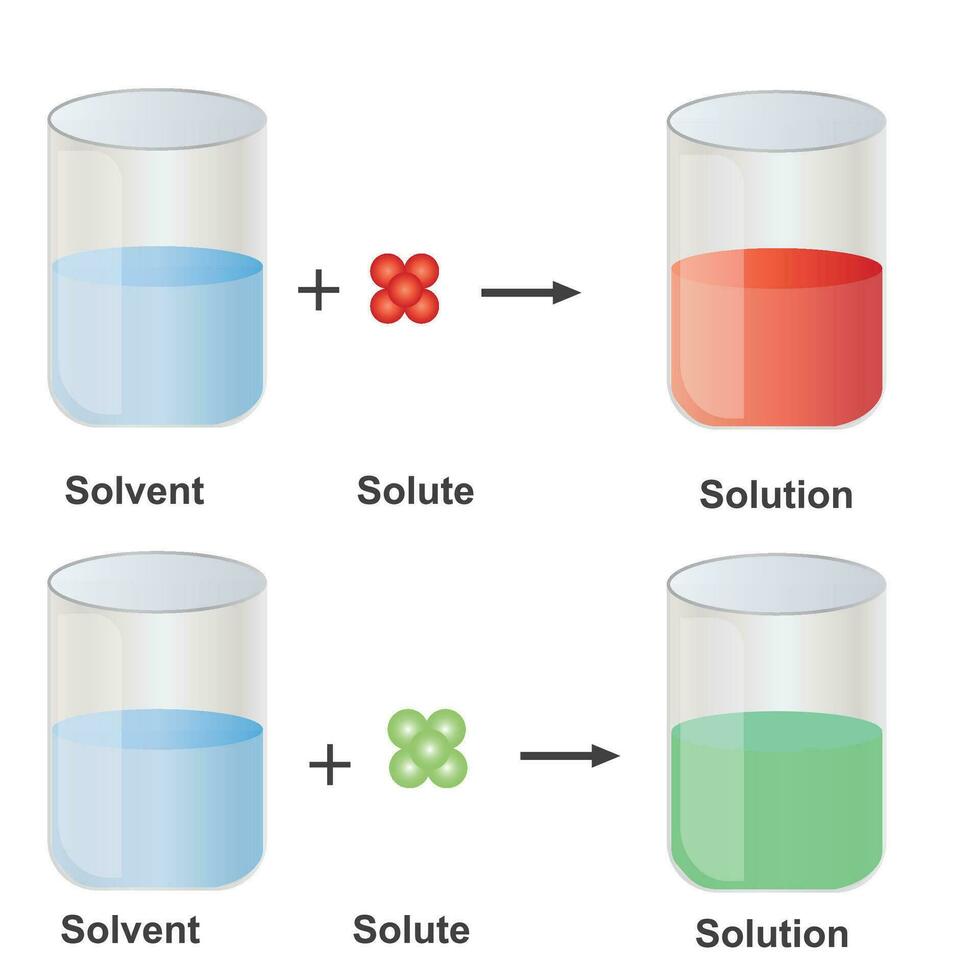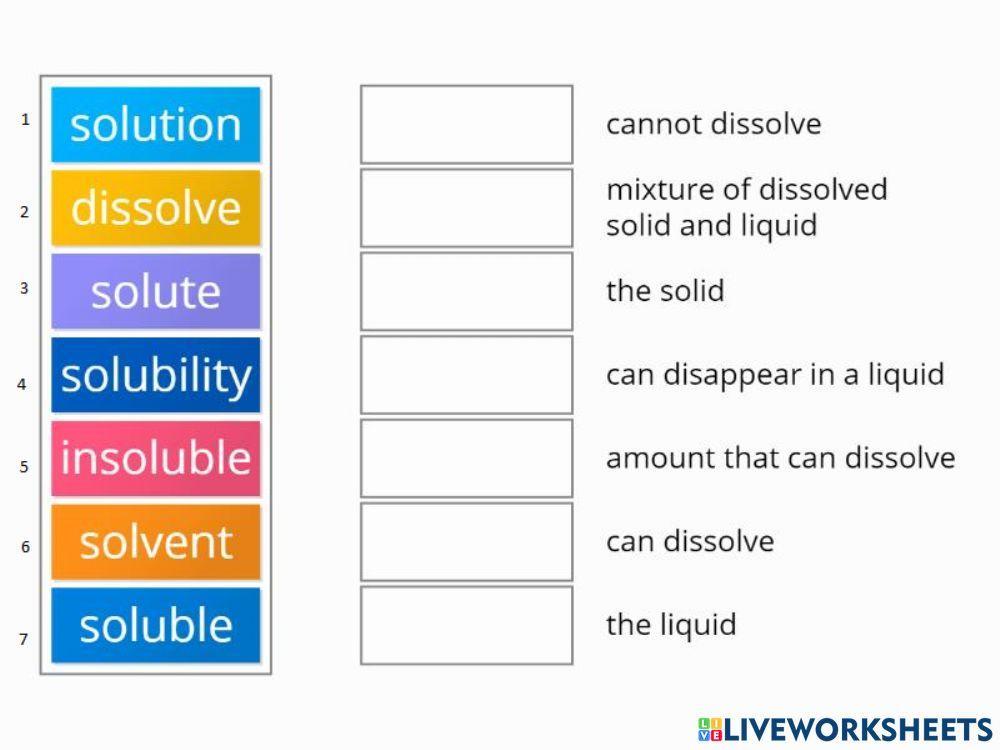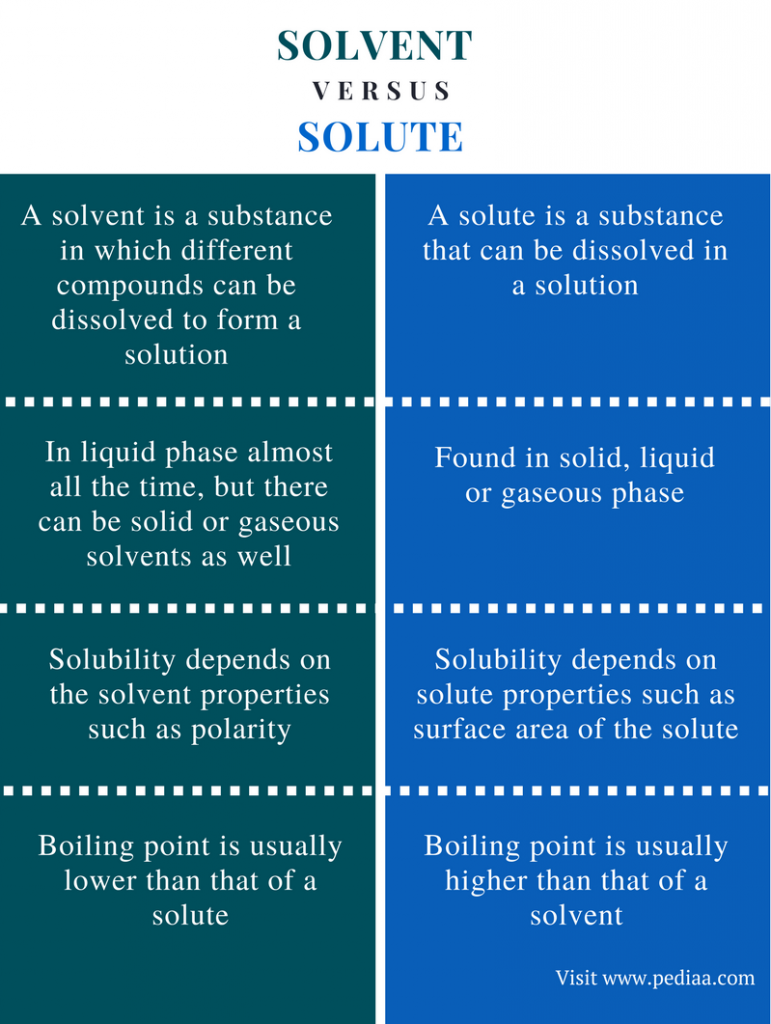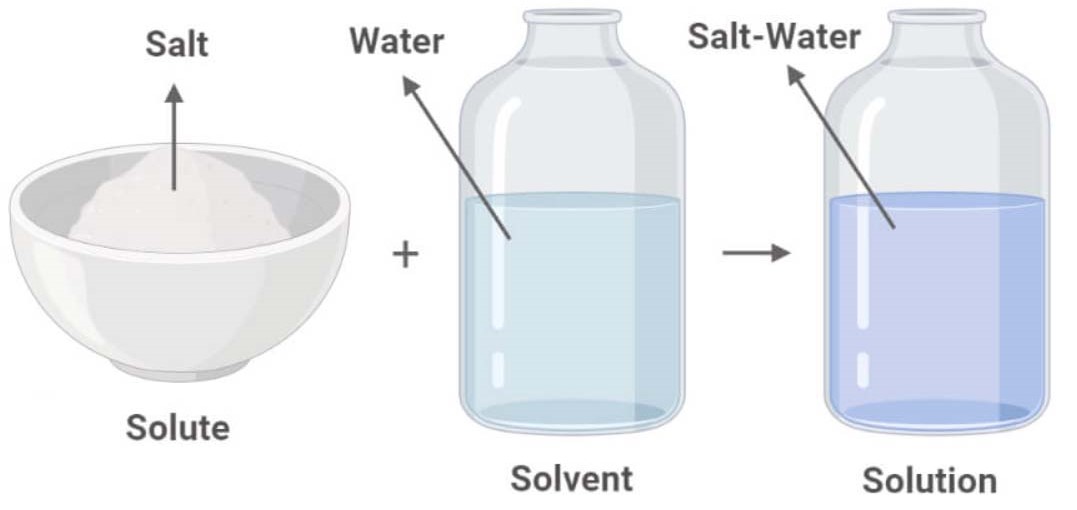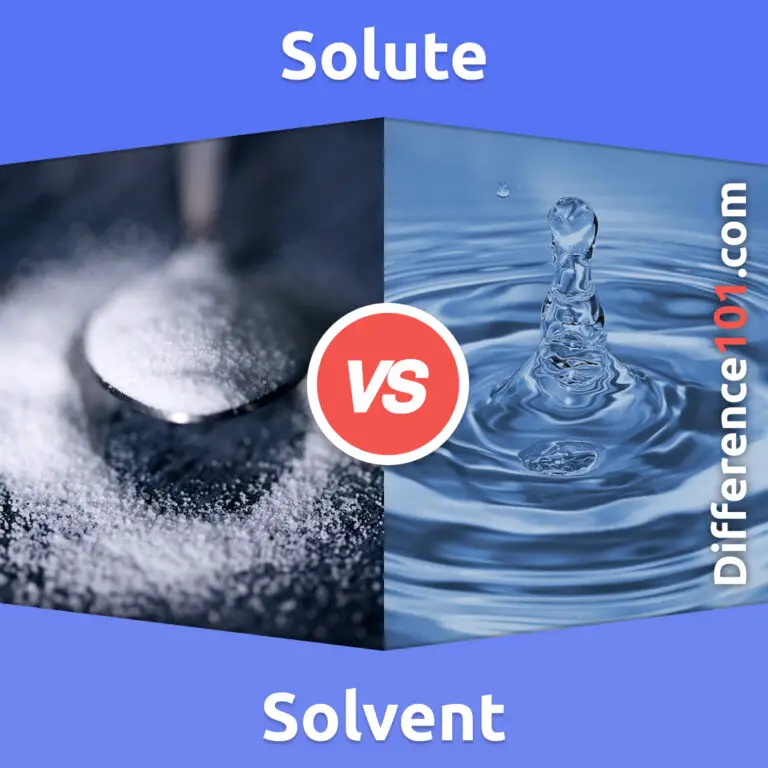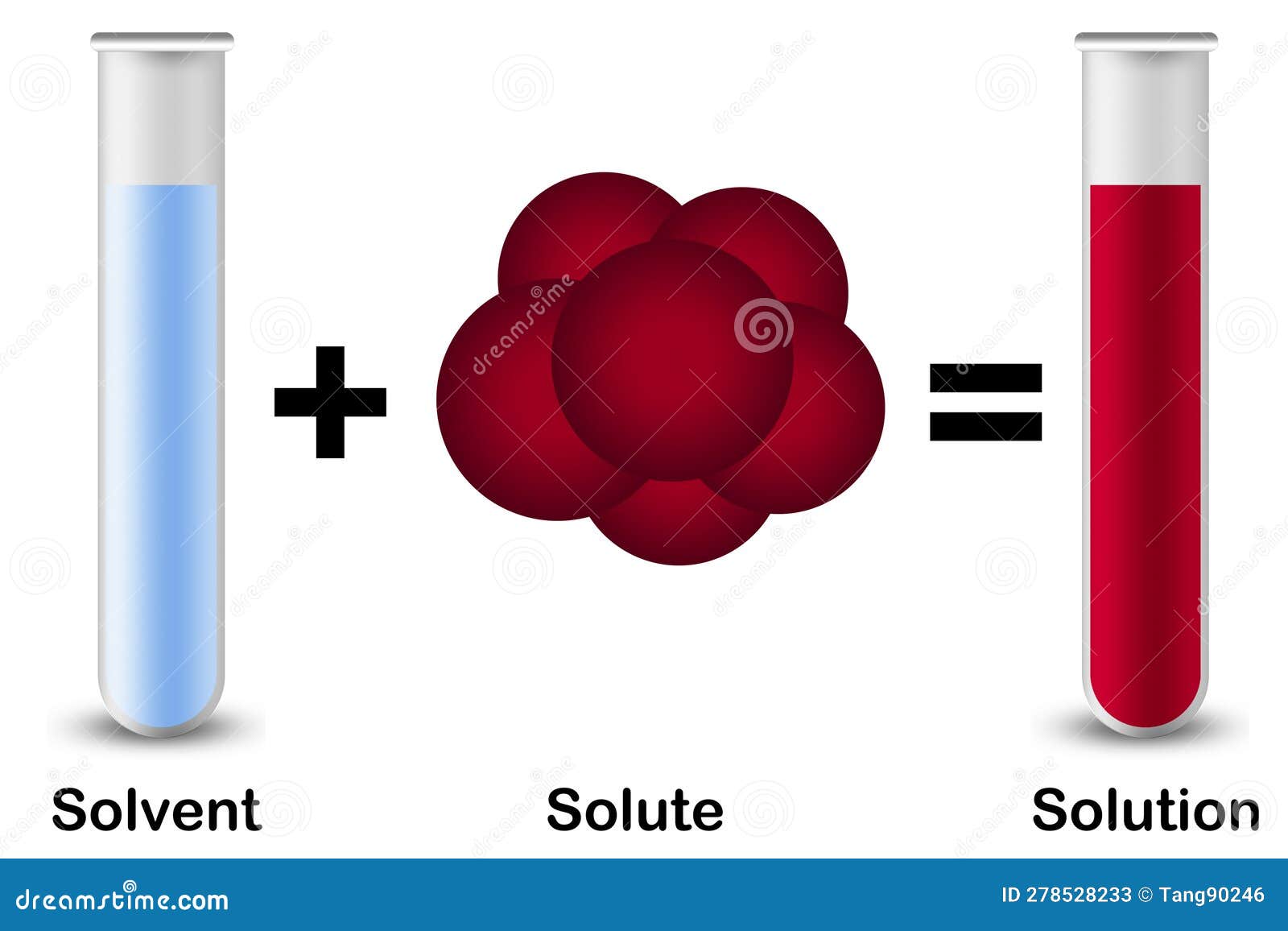In Forming A Solution The Solute Always
In Forming A Solution The Solute Always - When a solute dissolves in a solvent, its particles separate and disperse uniformly throughout the. In order to form a solution, the solute must be surrounded, or solvated, by the solvent. The simple answer is that the solvent and the. Dissolves dissociates both dissolves and dissociates. In forming a solution, the solute always: What causes a solution to form? A strong electrolyte always forms a very concentrated solution and a weak.
In order to form a solution, the solute must be surrounded, or solvated, by the solvent. In forming a solution, the solute always: A strong electrolyte always forms a very concentrated solution and a weak. What causes a solution to form? The simple answer is that the solvent and the. When a solute dissolves in a solvent, its particles separate and disperse uniformly throughout the. Dissolves dissociates both dissolves and dissociates.
Dissolves dissociates both dissolves and dissociates. In order to form a solution, the solute must be surrounded, or solvated, by the solvent. What causes a solution to form? The simple answer is that the solvent and the. In forming a solution, the solute always: When a solute dissolves in a solvent, its particles separate and disperse uniformly throughout the. A strong electrolyte always forms a very concentrated solution and a weak.
Solutions. Solubility homogeneous mixture. Solute, solvent and solution
What causes a solution to form? The simple answer is that the solvent and the. In forming a solution, the solute always: In order to form a solution, the solute must be surrounded, or solvated, by the solvent. Dissolves dissociates both dissolves and dissociates.
Understanding the Solute and Solvent Relationship
What causes a solution to form? The simple answer is that the solvent and the. In forming a solution, the solute always: When a solute dissolves in a solvent, its particles separate and disperse uniformly throughout the. Dissolves dissociates both dissolves and dissociates.
Examples Of Solute, Solvent And Solution Examples Of Solute, 44 OFF
In forming a solution, the solute always: What causes a solution to form? When a solute dissolves in a solvent, its particles separate and disperse uniformly throughout the. In order to form a solution, the solute must be surrounded, or solvated, by the solvent. The simple answer is that the solvent and the.
In a solution, is the solute always a solid.
What causes a solution to form? A strong electrolyte always forms a very concentrated solution and a weak. In order to form a solution, the solute must be surrounded, or solvated, by the solvent. Dissolves dissociates both dissolves and dissociates. The simple answer is that the solvent and the.
Difference Between Solvent and Solute Definition, Properties, Examples
A strong electrolyte always forms a very concentrated solution and a weak. The simple answer is that the solvent and the. In order to form a solution, the solute must be surrounded, or solvated, by the solvent. What causes a solution to form? When a solute dissolves in a solvent, its particles separate and disperse uniformly throughout the.
Solute and Solvent Combinations — Overview & Examples Expii
A strong electrolyte always forms a very concentrated solution and a weak. Dissolves dissociates both dissolves and dissociates. What causes a solution to form? The simple answer is that the solvent and the. In order to form a solution, the solute must be surrounded, or solvated, by the solvent.
Solute Energy Education
In forming a solution, the solute always: A strong electrolyte always forms a very concentrated solution and a weak. The simple answer is that the solvent and the. In order to form a solution, the solute must be surrounded, or solvated, by the solvent. When a solute dissolves in a solvent, its particles separate and disperse uniformly throughout the.
Solute vs. Solvent 5 Key Differences, Pros & Cons, Examples
In forming a solution, the solute always: A strong electrolyte always forms a very concentrated solution and a weak. Dissolves dissociates both dissolves and dissociates. When a solute dissolves in a solvent, its particles separate and disperse uniformly throughout the. In order to form a solution, the solute must be surrounded, or solvated, by the solvent.
Solute In Science
The simple answer is that the solvent and the. Dissolves dissociates both dissolves and dissociates. When a solute dissolves in a solvent, its particles separate and disperse uniformly throughout the. In forming a solution, the solute always: A strong electrolyte always forms a very concentrated solution and a weak.
Solute, Solvent and Solution Isolated with Red Solute Stock
When a solute dissolves in a solvent, its particles separate and disperse uniformly throughout the. Dissolves dissociates both dissolves and dissociates. A strong electrolyte always forms a very concentrated solution and a weak. In order to form a solution, the solute must be surrounded, or solvated, by the solvent. What causes a solution to form?
In Order To Form A Solution, The Solute Must Be Surrounded, Or Solvated, By The Solvent.
Dissolves dissociates both dissolves and dissociates. What causes a solution to form? A strong electrolyte always forms a very concentrated solution and a weak. The simple answer is that the solvent and the.
In Forming A Solution, The Solute Always:
When a solute dissolves in a solvent, its particles separate and disperse uniformly throughout the.
